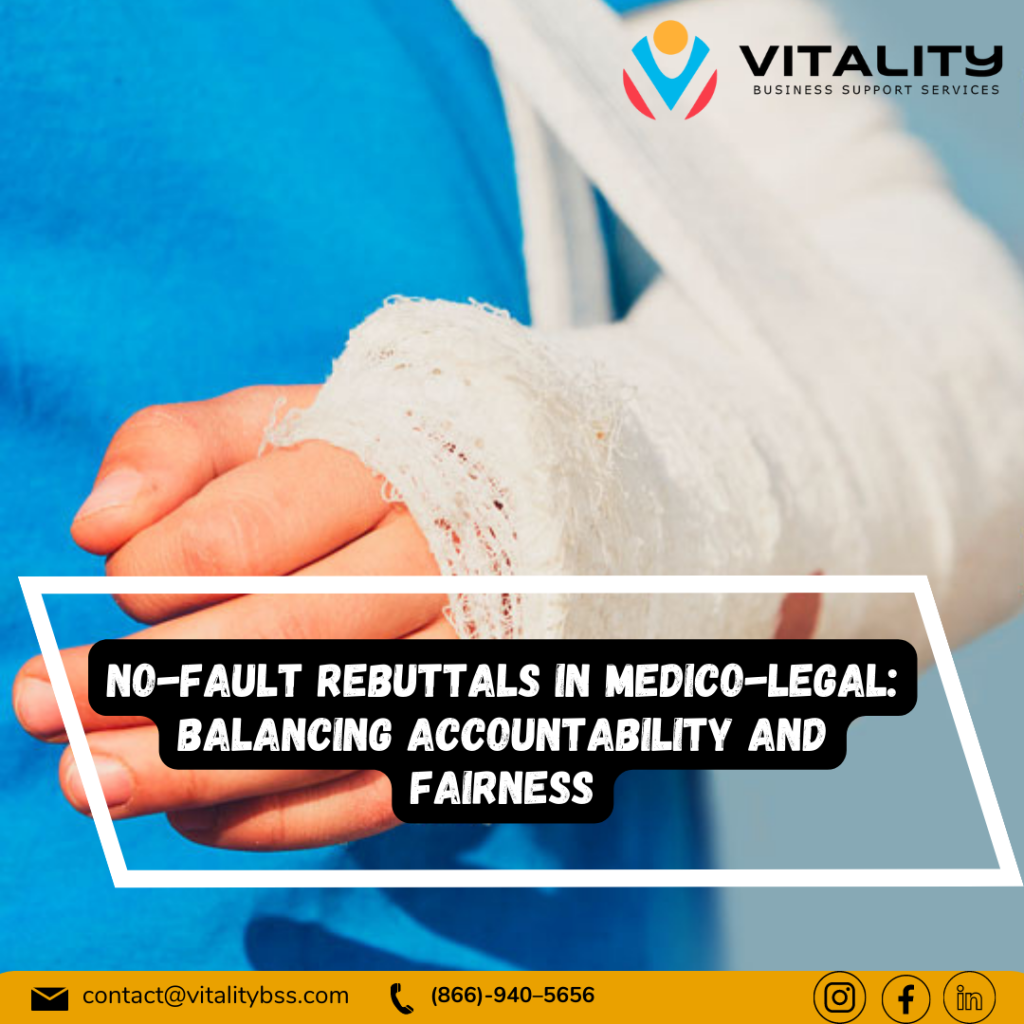In the complex world of workers’ compensation, the role of a Qualified Medical Examiner (QME) is vital. These highly trained professionals play a crucial role in determining the extent of an employee’s injuries and the resulting impact on their ability to work. But what exactly does a QME do, and why is their expertise so important? In this article, we will delve into the responsibilities and qualifications of a QME, offering you a comprehensive understanding of their role in the workers’ compensation process. Whether you are an injured employee seeking fair compensation or an employer navigating the intricacies of the system, understanding the role of a QME is essential for ensuring a fair and accurate assessment of your case. So, let’s dive in and explore what you need to know about the indispensable role of a Qualified Medical Examiner.
Qualifications and Responsibilities of a QME
A Qualified Medical Examiner (QME) is a licensed physician who has undergone specialized training to evaluate and assess workers’ compensation cases. These professionals have a deep understanding of the medical and legal aspects of workers’ compensation claims and are well-versed in the laws and regulations that govern the process.
To become a QME, physicians must meet specific qualifications set by the state in which they practice. These qualifications typically include holding an active medical license, completing additional training courses in workers’ compensation evaluation, and passing a rigorous examination. Once they have obtained their QME certification, these professionals are considered experts in their field and are authorized to conduct evaluations and provide medical opinions in workers’ compensation cases.
The responsibilities of a QME are vast and multifaceted. They are responsible for conducting thorough medical evaluations of injured employees and providing objective medical reports that outline the extent of the injuries, the impact on the employee’s ability to work, and any necessary treatment plans. These reports serve as crucial evidence in determining the appropriate compensation and benefits the injured employee is entitled to. QMEs also play a crucial role in resolving disputes between injured workers and employers or insurance companies, as their medical opinions carry significant weight in the legal proceedings.
QMEs are required to adhere to strict ethical guidelines and maintain impartiality throughout the evaluation process. Their primary focus is on providing accurate and unbiased medical opinions to ensure a fair and just resolution of workers’ compensation cases. By utilizing their expertise, QMEs help ensure that injured employees receive the necessary medical care and compensation they deserve, while also protecting the interests of employers and insurance providers.
Importance of a QME in the Workers’ Compensation Process
The role of a Qualified Medical Examiner (QME) is pivotal in the workers’ compensation process. Their expertise and objective medical evaluations serve as a cornerstone for determining the extent of an employee’s injuries and the resulting impact on their ability to work. This information is crucial for both injured workers and employers, as it directly influences the compensation and benefits they receive or provide.
One of the key reasons why QMEs are essential is their ability to provide an unbiased assessment of an employee’s injuries. Unlike treating physicians, who may have an ongoing relationship with the injured worker, QMEs approach the evaluation with a fresh perspective. This impartiality ensures that the assessment is based solely on the medical evidence and not influenced by personal relationships or biases. As a result, QME evaluations are considered more objective and reliable, making them an indispensable part of the workers’ compensation process.
Furthermore, QMEs possess specialized knowledge in workers’ compensation laws and regulations, which allows them to navigate the complexities of the system effectively. They understand the specific criteria that must be met for an injury to be considered work-related, and they can identify any potential pre-existing conditions that may impact the evaluation. This expertise enables QMEs to provide accurate and comprehensive reports that serve as a foundation for determining the appropriate compensation and benefits for injured employees.
Additionally, QMEs play a crucial role in resolving disputes between injured workers and employers or insurance companies. Their impartial medical opinions carry significant weight in legal proceedings, helping to ensure that the injured worker’s rights are protected and that they receive fair compensation. By providing an objective assessment of the employee’s injuries, QMEs help facilitate a fair and equitable resolution of workers’ compensation cases.
How to Become a QME
Becoming a Qualified Medical Examiner (QME) requires physicians to meet specific qualifications and undergo specialized training. The exact requirements vary from state to state, but there are some common steps to becoming a QME.
The first step in the process is obtaining an active medical license in the state where the physician intends to practice as a QME. This typically involves completing medical school, residency, and passing the applicable licensing examination. Once licensed, physicians can then pursue additional training in workers’ compensation evaluation.
Many states require physicians to complete a specific number of hours of training in workers’ compensation evaluation to become eligible for QME certification. This training covers topics such as medical-legal principles, disability evaluation, and how to conduct comprehensive medical examinations for workers’ compensation cases. Physicians may also need to pass an examination to demonstrate their knowledge and competence in these areas.
After completing the necessary training and passing the examination, physicians can apply for QME certification through their state’s medical board or a designated regulatory agency. The application process typically involves submitting relevant documentation, such as proof of training, examination results, and a completed application form. Once approved, physicians are granted QME status and can begin conducting evaluations and providing medical opinions in workers’ compensation cases.
It is worth noting that QME certification is not a one-time process. Many states require QMEs to participate in ongoing education and training to maintain their certification. This ensures that QMEs stay up-to-date with the latest developments in workers’ compensation laws and regulations, guaranteeing that they continue to provide accurate and reliable evaluations for injured workers and employers.





